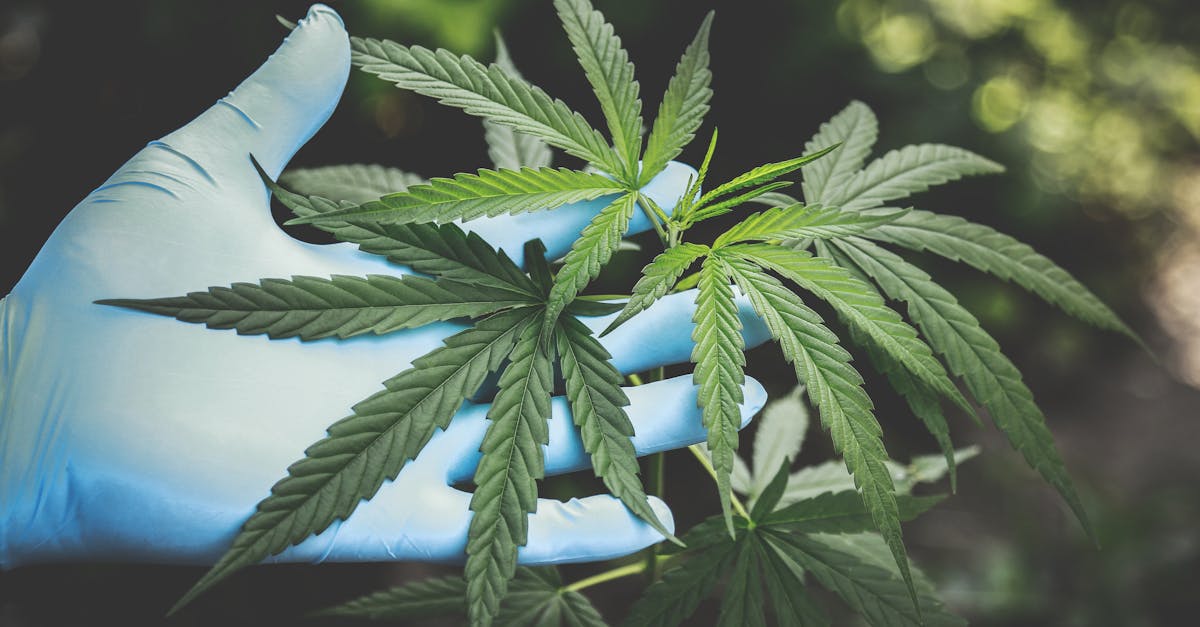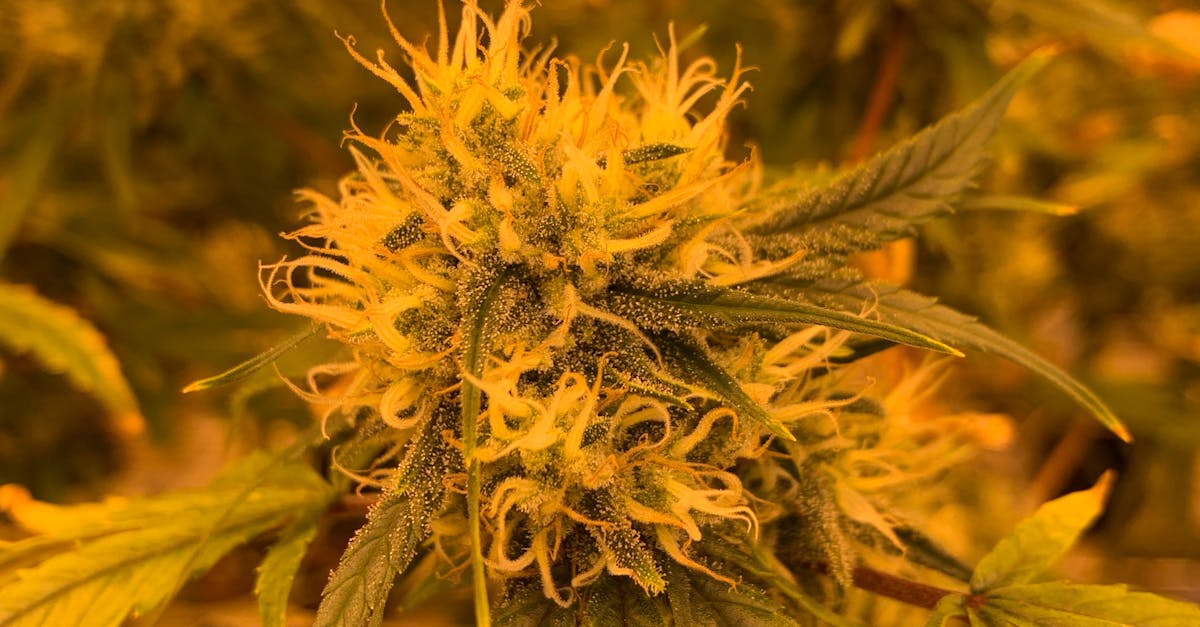
Table Of Contents
Tools and Resources for Cannabis Educators
Cannabis Education and Consulting Services Peterborough offer a wide range of tools and resources for cannabis educators to enhance their teaching capabilities. From curated lesson plans to interactive visual aids, these resources aim to create engaging and informative educational experiences for students. Additionally, access to online databases and research materials is provided to ensure educators stay abreast of the latest developments in the cannabis industry.
Moreover, Cannabis Education and Consulting Services Peterborough offer training sessions and workshops for educators to continuously refine their teaching skills. These hands-on opportunities not only provide practical insights into effective teaching methods but also foster a sense of community among educators. By equipping cannabis educators with the necessary tools and resources, Cannabis Education and Consulting Services Peterborough aims to elevate the standard of cannabis education and empower educators to make a meaningful impact in their field.
Utilizing Technology for Effective Education
In the realm of cannabis education, leveraging technology has become a pivotal tool for enhancing the learning experience. Platforms such as virtual classrooms, webinars, and online resources offer cannabis educators the opportunity to connect with a wider audience in a dynamic and interactive manner. These digital tools not only enable educators to disseminate information efficiently but also provide a platform for fostering engagement and discussion among learners. Cannabis Education and Consulting Services Aurora, for instance, harnesses various technological resources to ensure that their educational programs are engaging, informative, and accessible to a diverse range of individuals seeking to enhance their knowledge in the cannabis sector.
Furthermore, by incorporating technology into their educational practices, cannabis educators can adapt their teaching methodologies to cater to different learning styles and preferences. Interactive multimedia presentations, online quizzes, and virtual simulations are just a few examples of how technology can be utilized to create a more immersive and personalized learning experience for students. In today's digital age, leveraging technology not only enhances the overall quality of education but also enables cannabis educators to stay abreast of the latest industry trends and advancements in the field.
Compliance and Regulations in Cannabis Education
Compliance and regulations are crucial aspects of cannabis education. It is imperative for cannabis educators to have a firm grasp on the ever-evolving legal standards governing the cannabis industry. Staying up-to-date with the latest regulations ensures that Cannabis Education and Consulting Services Peterborough operates within the boundaries set by the law.
Moreover, adherence to legal standards not only safeguards the integrity of the educational institution but also contributes to the overall legitimacy of the cannabis industry. Cannabis regulations are designed to protect consumers, promote responsible practices, and prevent illicit activities. By complying with these regulations, cannabis educators uphold the reputation of Cannabis Education and Consulting Services Peterborough while fostering a safe and transparent educational environment.
Ensuring Adherence to Legal Standards
Ensuring adherence to legal standards is a paramount aspect of the role of a cannabis educator. Professionals in this field must stay up to date with the ever-evolving regulations surrounding cannabis use and distribution. This includes having a thorough understanding of federal, provincial, and municipal laws that govern the industry to ensure compliance at all levels. At Cannabis Education and Consulting Services Cooksville, educators are committed to following all legal guidelines to provide accurate and reliable information to their clients and students.
Moreover, cannabis educators must be diligent in their efforts to educate others on the legal responsibilities associated with cannabis use. This involves ensuring that individuals are aware of the laws surrounding cannabis cultivation, distribution, possession limits, and consumption methods. By incorporating legal standards into their educational programs, professionals at Cannabis Education and Consulting Services Cooksville uphold the integrity of the industry and equip their clients with the knowledge needed to navigate the legal landscape effectively.
Challenges Faced by Cannabis Educators
Challenges faced by cannabis educators encompass a range of complexities that require adept navigation. Ensuring that the information provided is current and accurate is a fundamental challenge. The evolving nature of cannabis laws and the industry itself necessitates educators to be continually informed and up-to-date on the latest developments to deliver high-quality education effectively. Cannabis educators need to maintain a comprehensive understanding of the legal landscape and industry trends to provide valuable and credible insights to their audience. The responsibility to disseminate accurate information about a substance that is still subject to various stigmas and misconceptions adds another layer of challenge for educators.
Moreover, maintaining credibility and trust in a field that is often scrutinized and subject to biases can be demanding for cannabis educators. There is a need to navigate through preconceived notions and skepticism surrounding cannabis to establish themselves as reputable sources of information. Balancing advocacy with factual information, while ensuring that the audience is engaged and receptive, demands a nuanced approach. Cannabis educators are tasked with not only disseminating knowledge but also dismantling misconceptions effectively. Cannabis Education and Consulting Services Halton Hills recognize these challenges and continuously strive to address them with professionalism and dedication.
Strategies for Overcoming Obstacles
Cannabis educators often encounter various challenges in their roles, but with effective strategies, these obstacles can be overcome. One of the key tactics for overcoming challenges in cannabis education is fostering strong partnerships and collaborations within the industry. By connecting with other professionals, organizations, and regulatory bodies, cannabis educators can access valuable insights, resources, and support to enhance their educational initiatives. Establishing a network of like-minded individuals and entities can provide cannabis educators with a platform for knowledge-sharing and continuous learning, ultimately contributing to the growth and success of Cannabis Education and Consulting Services Innisfil.
Another strategy for overcoming obstacles in cannabis education is to prioritize ongoing professional development and training. As the cannabis industry evolves rapidly, educators must stay informed about the latest trends, research findings, and regulatory updates. Investing in continuous learning opportunities, such as workshops, conferences, and online courses, can help educators enhance their knowledge and skills, enabling them to deliver high-quality educational programs that meet the needs of their audience. By staying updated on industry developments and best practices, Cannabis Education and Consulting Services Innisfil can remain at the forefront of cannabis education and provide valuable insights to their clients and stakeholders.
FAQS
What does a cannabis educator do?
A cannabis educator is responsible for providing information and education about cannabis, including its uses, benefits, risks, and regulations.
What qualifications are required to become a cannabis educator?
Qualifications for a cannabis educator may vary, but typically include a strong knowledge of cannabis, experience in education or training, and a thorough understanding of cannabis laws and regulations.
How can one become a certified cannabis educator?
To become a certified cannabis educator, individuals can pursue specialized training programs, courses, or certifications offered by reputable institutions or organizations in the cannabis industry.
What are the key skills needed for a cannabis educator?
Key skills for a cannabis educator include excellent communication abilities, a passion for educating others, adaptability to changing regulations, and a commitment to promoting responsible cannabis use.
What are some common responsibilities of a cannabis educator?
Common responsibilities of a cannabis educator include developing educational materials, conducting training sessions, staying up-to-date on cannabis research, and ensuring compliance with all legal requirements.







